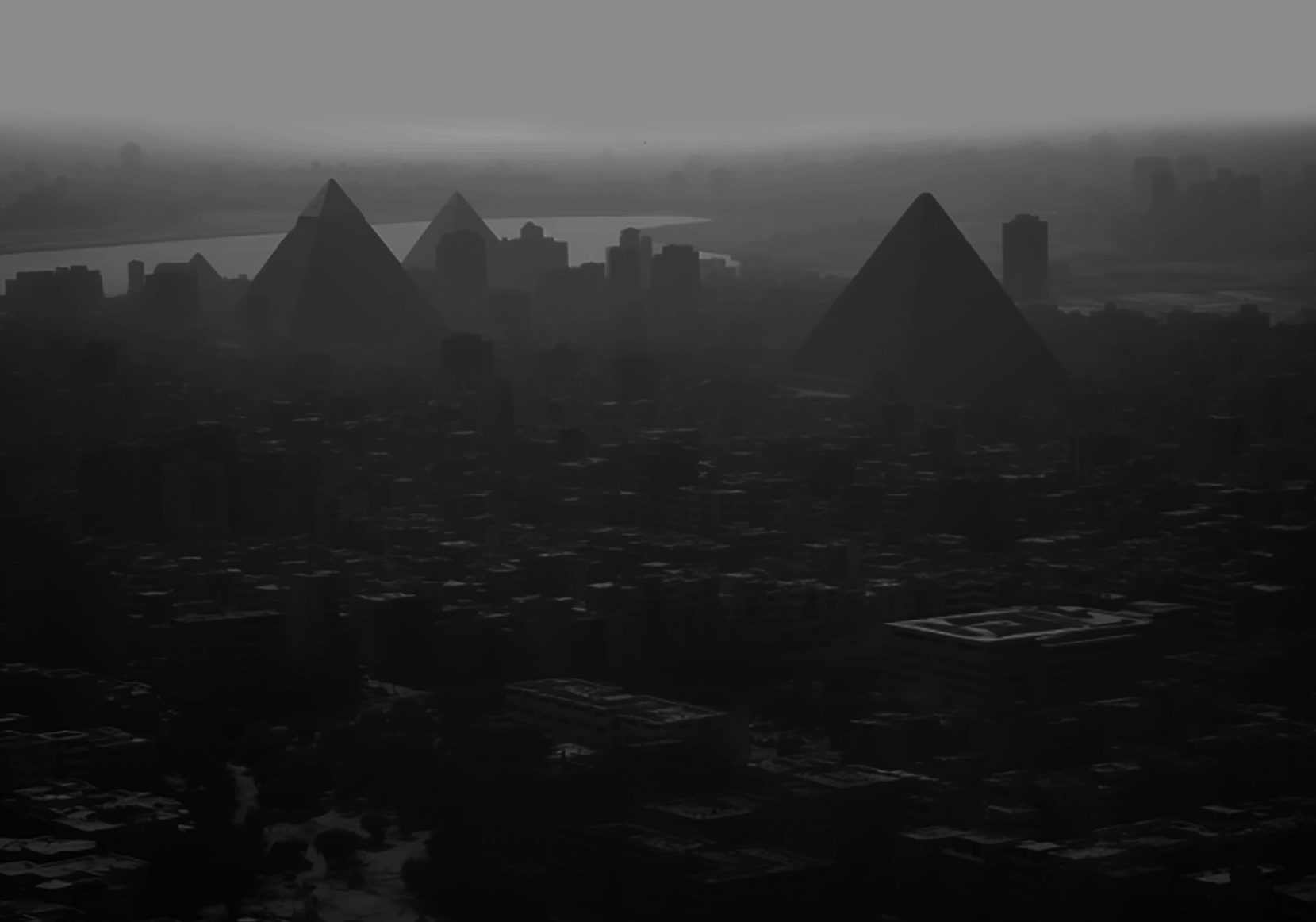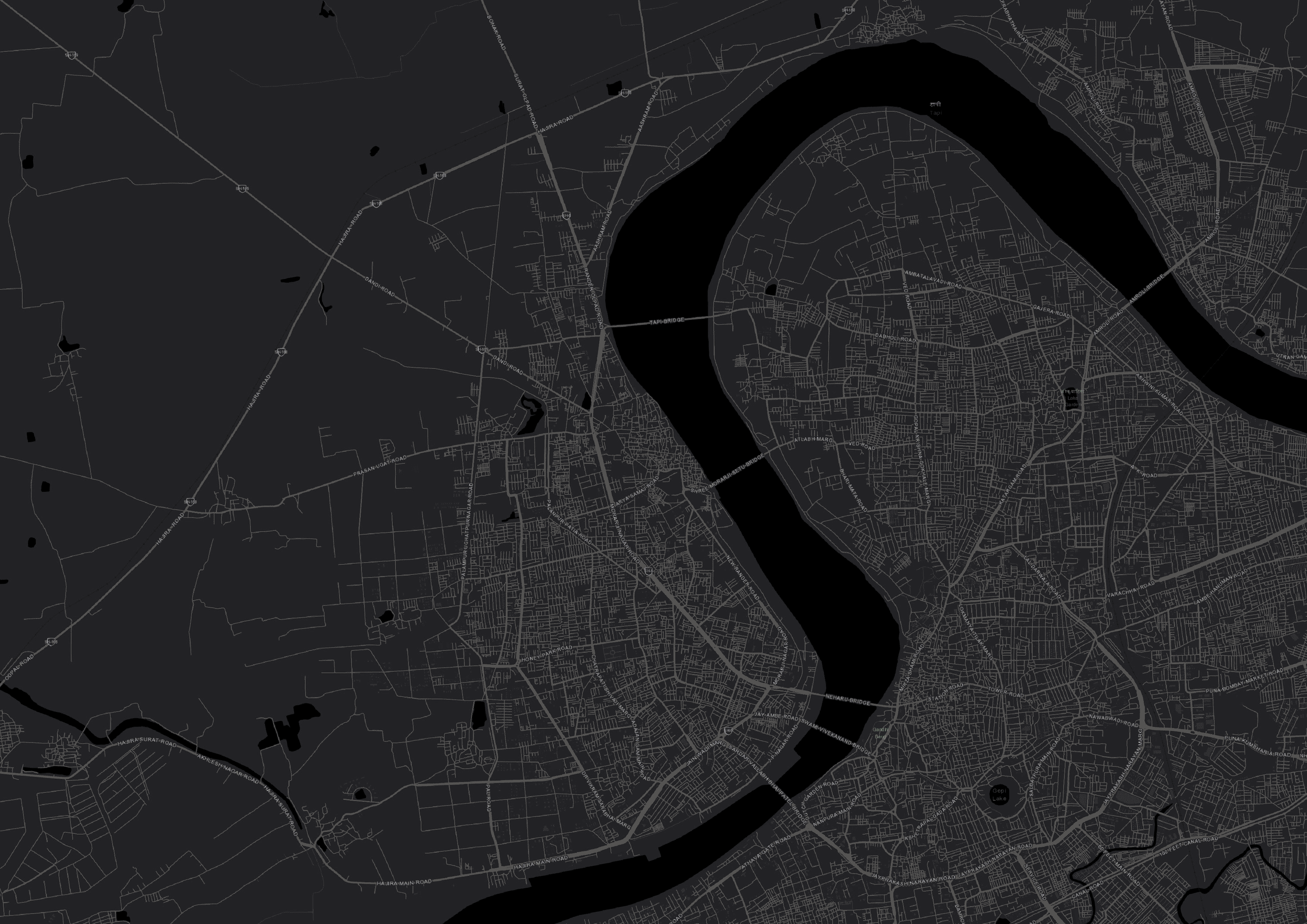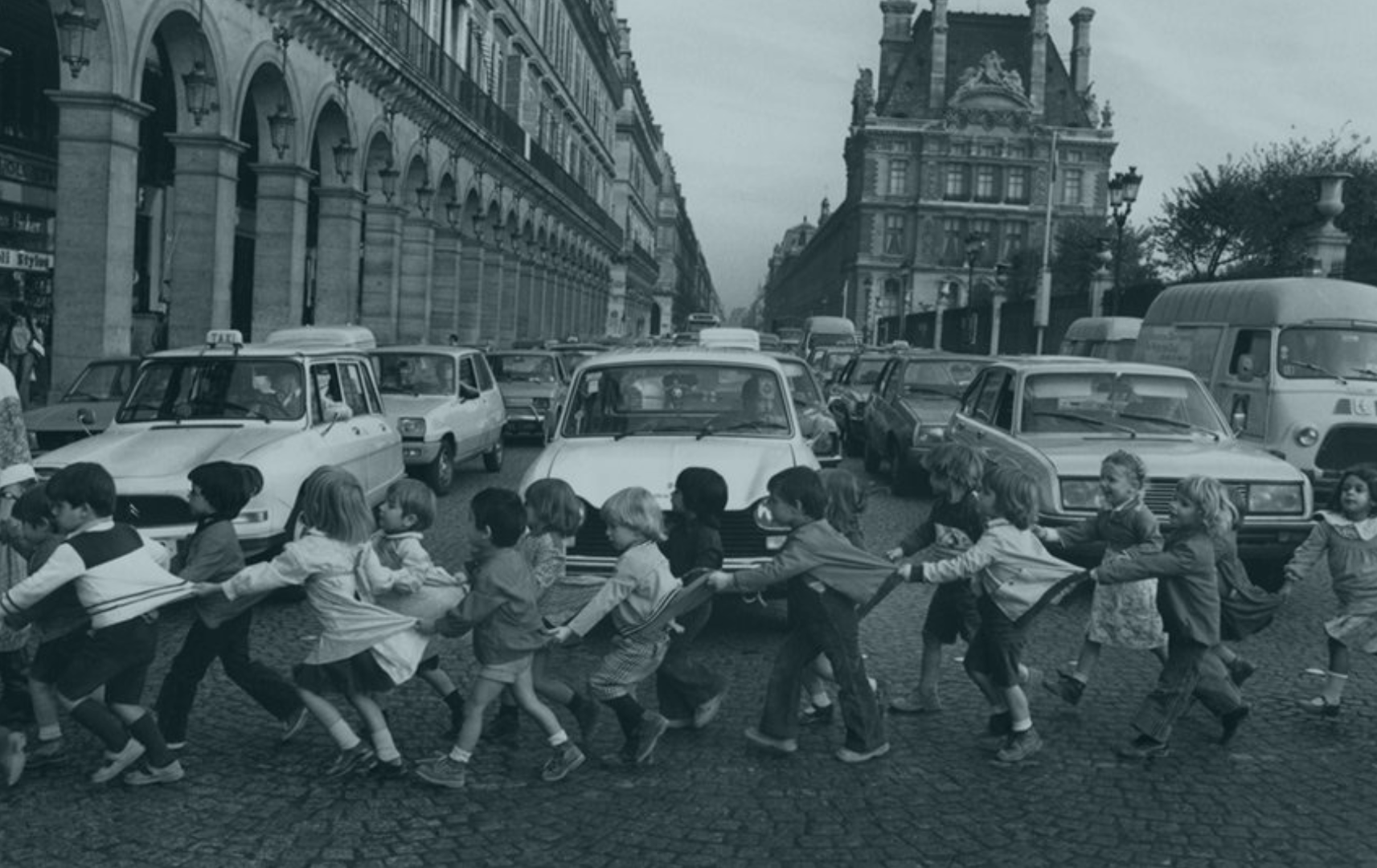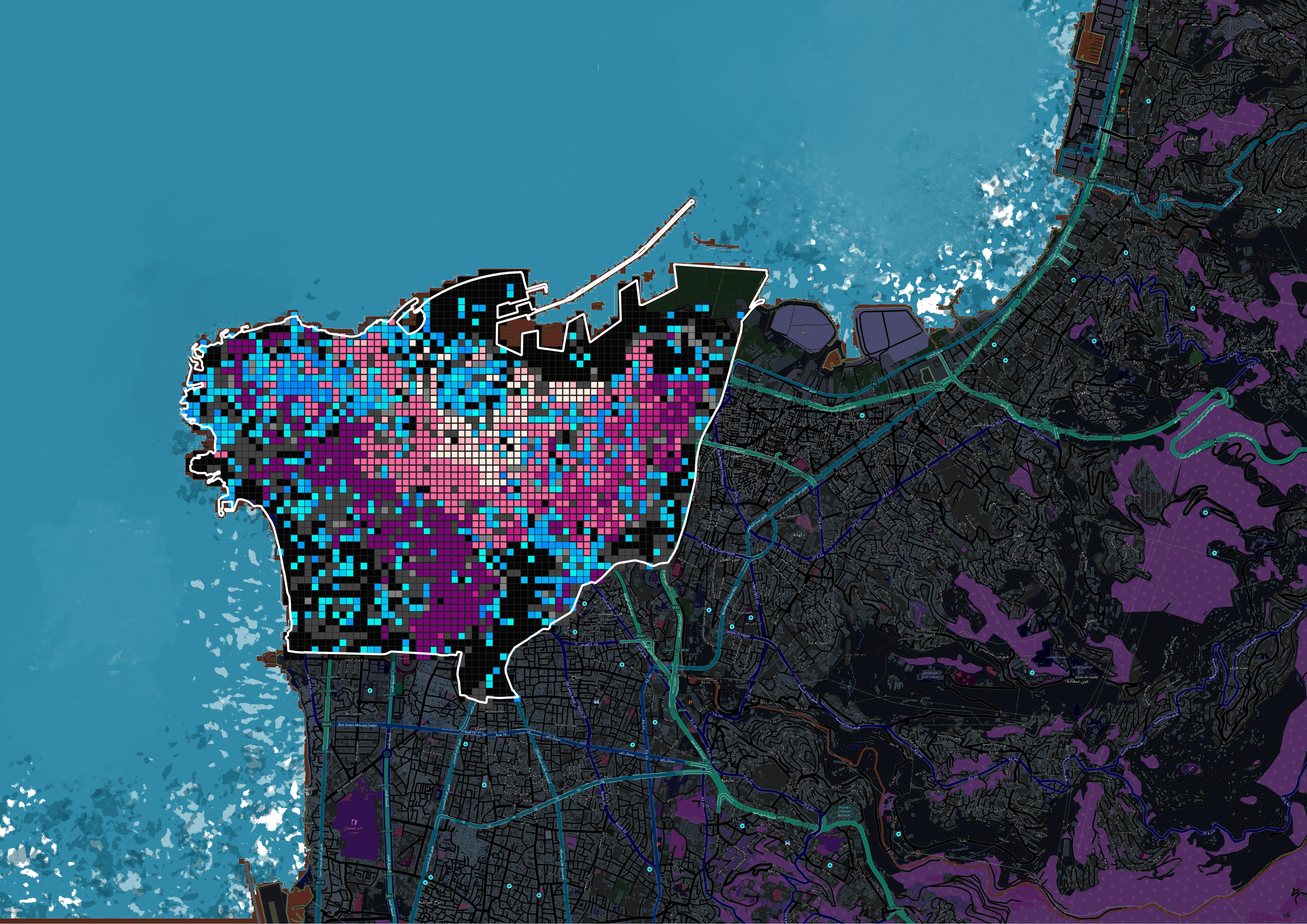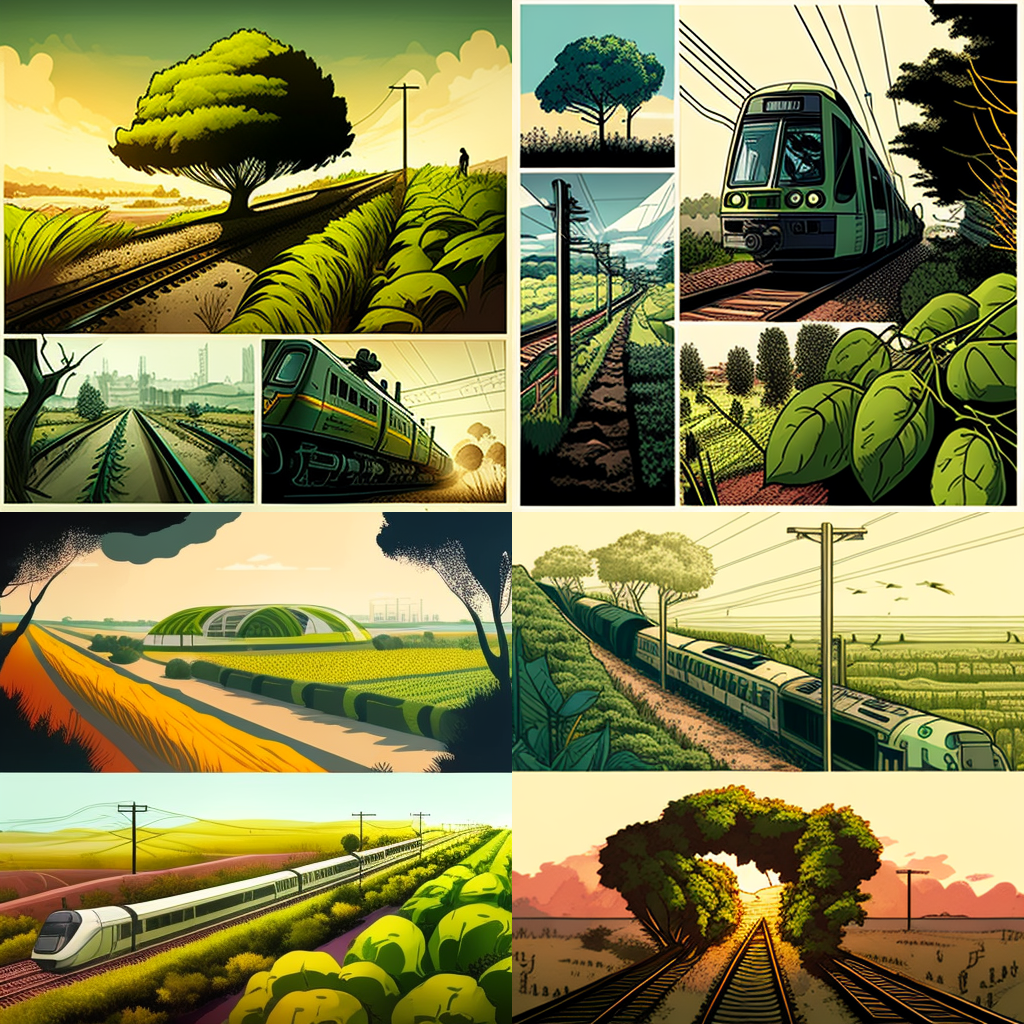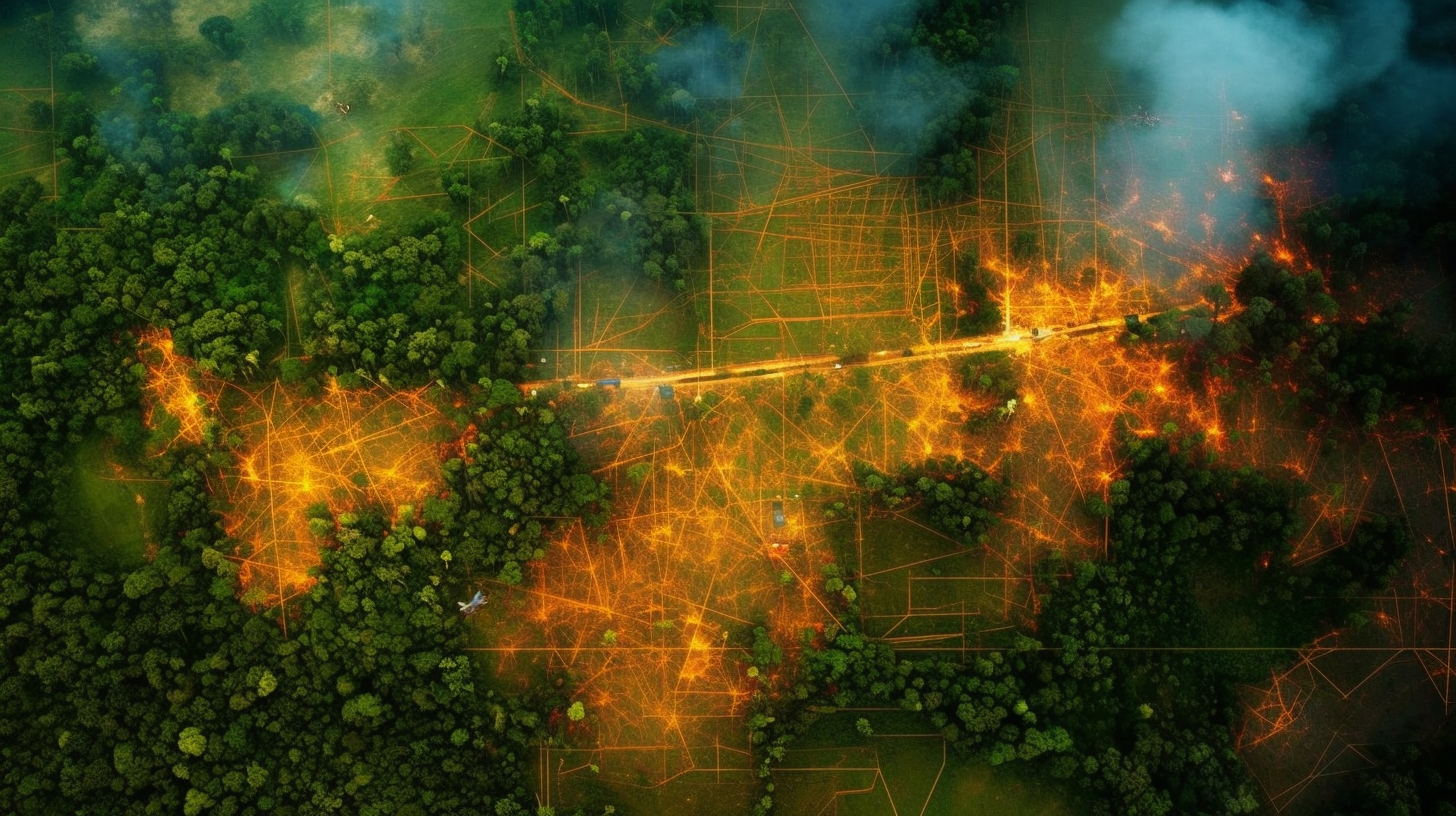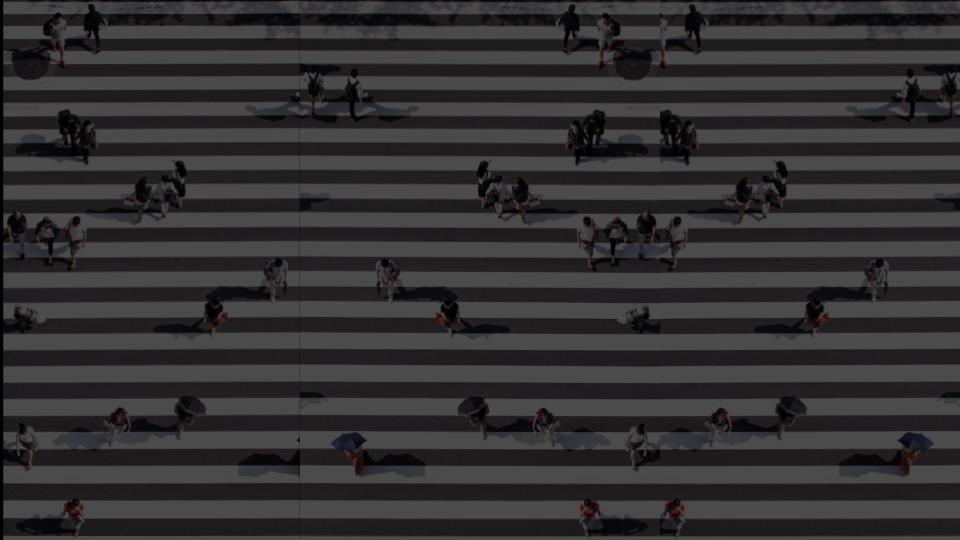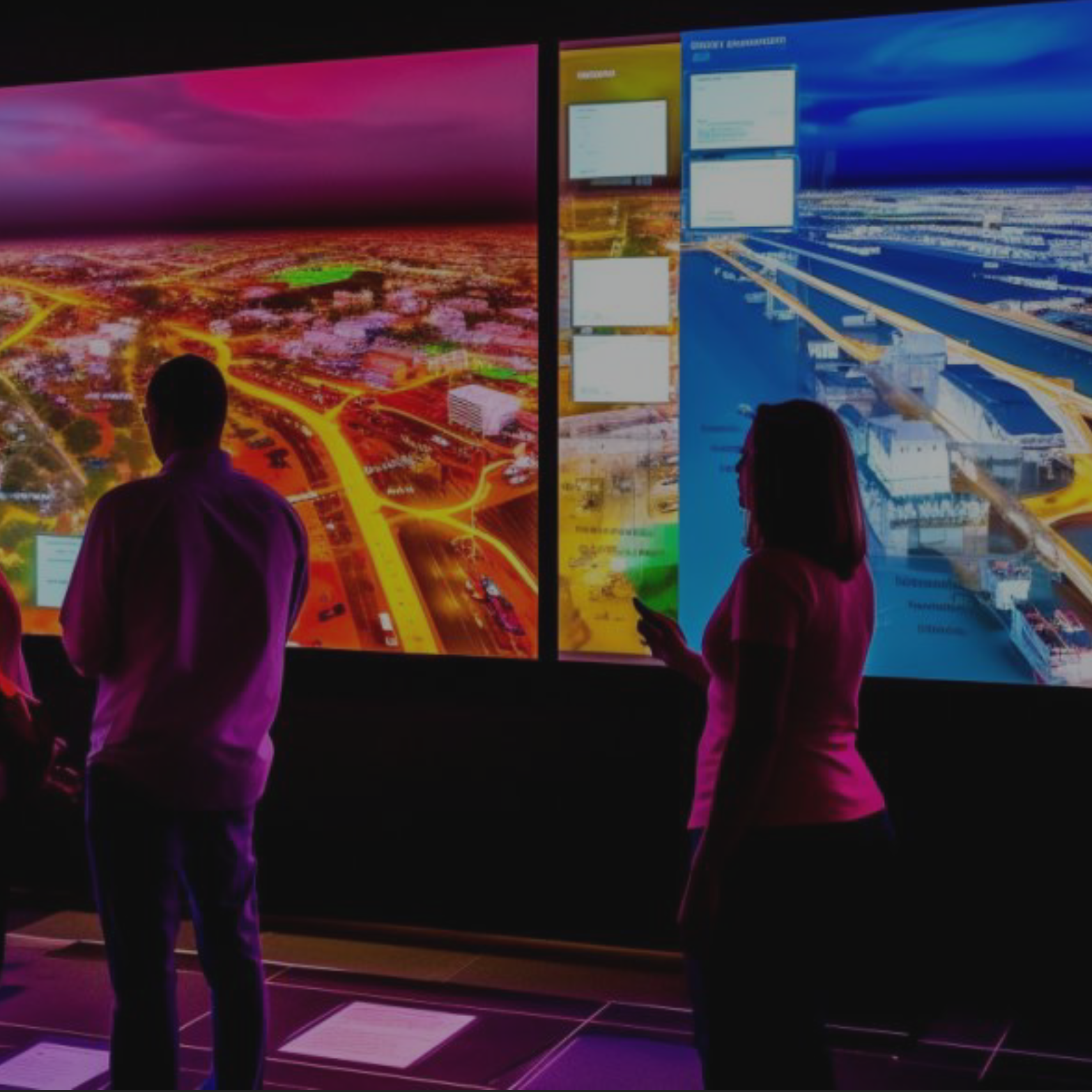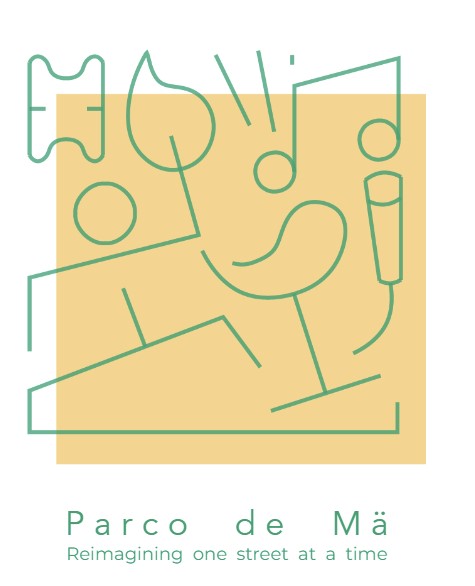During the Master in City & Technology + Thesis Project, students have the unique opportunity to work for an additional time of 9 months on an Individual Thesis Project, focused on the development of one research or pilot project based on the student’s interest. IAAC supports the student in selecting their Thesis Project topic in order to better orient them according to their future career interests and opportunities. Each student is assigned one or more Thesis Advisors that follow the development of the work throughout the year.
SWIFT
“Your new ally in Public Transportation” – Problem – Today, urban commuters who rely on public transportation are faced with four principal challenges: – Solution – A multi[modal-city] transport application that enhances passenger’s experience and improves public transport system’s efficiency across different cities, at the country level. – Why now? – The covid-19 pandemic has … Read more
Navigating Inequality
Introduction Wealth disparity leads to social and economic challenges resulting in social exclusion. 21.6% of population in the EU are at risk of social exclusion. A study confirmed that 61.7% of socially excluded people tend to be segregated. Understanding the origin of the word Segregation – initially used to set sheep apart from the flock, … Read more
Routing Accessibility
Background Public transportation plays a crucial role in urban planning globally. Extensive research indicates that bus transit has become a highly favored mass mobility system. This preference stems from its cost-effective infrastructure, flexible planning, and discrete architecture that supports incremental growth. Bus transit systems exhibit lower infrastructure costs compared to rail or subway networks, making … Read more
Environmental Asset Resilience
The Environmental Asset Resilience (EAR) Tool is a response to the pressing global challenge of environmental instability, particularly in urban areas. These areas face substantial costs associated with environmental problems and climate change. However, decision-making in addressing these issues is complicated by conflicting priorities, limited resources, and a lack of expertise. The EAR Project aims … Read more
1 m/s Pathways: Navigating Urban Childhood
Challenges The projection by UNICEF indicating that 60% of the global child population will reside in urban areas by 2025 demands a critical reevaluation of our cities’ readiness for such a transformation. This shift presents unprecedented challenges and opportunities. By examining the fundamental challenges faced by urban childhood today, it becomes evident that the significant … Read more
BEYlink
TO RE-CONNECT AND RE-FRAME THE USE OF URBAN VOIDS “Beirut is among the many post-conflict cities grappling with dynamic and unsettled social, economic, and geographical dynamics.” “This thesis delves into the expansive realm of urban development within such cities, with a specific focus on the challenges of planning and innovative policy approaches.” “ Beirut’s urban … Read more
POCKETHUB
Public spaces in a city, such as pathways and non-constructible parcels, are not utilized to their full potential. As a result, they create voids and detachment of citizens from their city and do not provide any meaningful benefits to the community. By using machine learning algorithms as a tool for a public organization to identify … Read more
EcoVision.AI
OVERVIEW Rapid urbanization and agricultural intensification have led to extensive land cover change, with urban areas expanding and natural landscapes transforming into fragmented environments. These changes generate climate change impacts, affecting urban areas, and creating a cyclical relationship. Advancements in remote sensing are crucial for comprehensively assessing and monitoring the impact of rapid urbanization, agricultural … Read more
FOLLOWing FOOT.AI
Unraveling Footfall Patterns for Enhanced Urban Planning: A Spatial and Temporal Analysis Introduction Footfall prediction plays a crucial role in urban planning decision-making processes. Understanding the intricate relationship between footfall and its two dimensions—space and time—is essential. In this project, we delve into the workflow and key findings of a project aimed at comprehending the … Read more
GenCity.ai
Alejandro Aravena, renowned for his role in facilitating the recovery of a city struck by an earthquake and a tsunami, asserts that Participatory design transcends mere inclusivity and offers enhanced efficiency. Conventional methods may not yield the desired effectiveness, necessitating a reevaluation of the tools employed for participation.Barcelona, for instance, has already experimented with a digital … Read more
ONE MUMBAI CITIZEN TOOL
INTRODUCTION Urbanization poses escalating threats to ecological systems, necessitating the creation of urban ecological commons. This exercise focuses on Mumbai’s metro network, comprising 357 kilometres, 16 lines, and 38 interchanges, as a context for enhancing neighbourhood biodiversity through strategic environment plugins. By leveraging NDVI mapping from Google Earth Engine, areas with high ecological threats and … Read more
SKY COMPUTE
INTRODUCTION Climate change is an imperative global concern demanding meticulous attention. Its ramifications encompass an array of profound consequences, necessitating urgent action. Rooted in anthropogenic greenhouse gas emissions, this phenomenon engenders a persistent alteration in Earth’s climate patterns, characterized by escalating temperatures, heightened incidence of extreme weather events, and encroaching sea-levels. In this context, comprehending … Read more
GenCity – An intervention enabler for Co-creating Urban Designs
Alejandro Aravena, renowned for his role in facilitating the recovery of a city struck by an earthquake and a tsunami, asserts that Participatory design transcends mere inclusivity and offers enhanced efficiency. Despite recognizing the significance of public participation in urban planning, we delve into the persisting factors that hinder its optimal efficiency. Conventional methods may … Read more
P a r c o d e M ä
Parco de mä was developed by Matteo Piccoloto, Yohan Wadia, Amélie Roy, Lisa Guglielmi, Pushkar Runwal, Koen Kool, Juan Felipe Casses, Dimitris Athanasiou, with the support of trainers from the Vienna University of Economics and Business, the Institute for Advanced Architecture of Catalonia, the University of Genoa and ALDA, during the Green Skills for Cities … Read more

